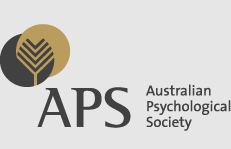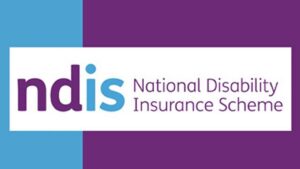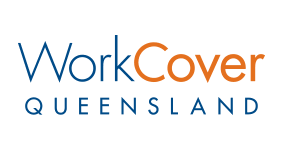
Grant is a Doctoral candidate in Clinical Neuropsychology and Clinical Psychology at the University of Queensland (UQ). He completed an Honours Degree in Psychology at the University of the Sunshine Coast (UniSC), where he was awarded First Class Honours and the University Medal for Academic Excellence.
Grant holds general registration as a psychologist with the Australian Health Practitioner Regulation Agency (APHRA).
Throughout his training, Grant has practised across various private and government healthcare settings, undertaking clinical therapy, neuropsychological assessment, neurocognitive rehabilitation, and behavioural management interventions. He has worked collaboratively with a wide variety of clients from across the lifespan, including people and families experiencing complex psychiatric and/or neuropsychiatric illness, drug and alcohol addiction, adjustment to injury difficulties, epilepsy, sleep-wake disorders, neurodevelopmental disorders, dementia, complex concussion, and acquired brain injury. Grant’s most recent work role was within the Complex Chronic Disease Neuropsychology team at Queensland Health, working with adult clients with complex neuropsychiatric, dementia and/or acquired brain injury presentations, almost always in the context of extensive medical backgrounds and family environments.
In addition to his interests in clinical psychology and neuropsychology, Grant is an active researcher and maritime systems expert. His former research role with the Centre for Human Factors and Sociotechnical Systems at UniSC saw him engaged with multiple state, national, and international organisations. In this role, he completed numerous publications and contributed to various projects for large governmental stakeholders. His current research focuses on the integration of Systems Thinking within psychology, more specifically, examining the relationship between neuropsychiatric symptoms and the preclinical stage of Alzheimer’s disease.
Grant’s well-rounded scientist-practitioner experience provides a sound basis for collaborating with multi-disciplinary teams or health practitioners, enabling holistic assessment and rehabilitation, and supporting client health and well-being. Grant balances clinical practice at Sure Psychology and Queensland Health along with ongoing doctoral studies. At Sure Psychology, he currently provides assessment services on Saturdays.
Neuropsychological Assessment & Treatment Services
- Brief and Comprehensive Neuropsychological Assessments
- Decision-Making Capacity Assessments
- Cognitive Rehabilitation
Clinical Psychology & Neuropsychology Areas of Interest
- Chronic Pain
- Movement Disorders
- Psychosis and Bipolar
- Acquired Brain Injury
- Sleep-Wake Disorders
- Neuropsychiatric Symptoms
- Neurodegenerative Disorders
Registrations & Memberships
- General registration with the Australian Health Practitioner Regulation Agency (AHPRA)
- Member of the Australian Psychological Society (MAPS)
- Member of the APS college of Clinical Psychologists
- Member of the APS college of Clinical Neuropsychologists
- National Academy of Neuropsychology (NAN) USA
- Medicare Registered Psychologist Provider (pending)
- Department of Veterans’ Affairs (DVA) Provider (pending)
Qualifications
- Doctor of Psychology: Clinical Psychology & Clinical Neuropsychology (Cand.)
- Bachelor of Psychology (Honours)
Specialised Training
- Triple P Parenting Program
- Autism Diagnostic Interview-Revised
- Various additional APS Training and Education
First Author Publications
- Butler, G. L., Read, G. J. M., & Salmon, P. M. (2022). Understanding the systemic influences on maritime pilot decision-making. Applied Ergonomic, 104(103827). https://doi.org/10.1016/j.apergo.2022.103827
- Cox, J. A., Read, G. J. M., Butler, G. L., & Salmon, P. M. (2024). Examining gender differences in gig worker safety. Human Factors and Ergonomics in Manufacturing & Service Industries, 34(1), 3–15. https://doi.org/10.1002/hfm.21007
- Read, G. J. M, Butler, G. L., & Salmon, P. M. (2024). Synthesising the outputs of cognitive work analysis and participatory design approaches to identify design requirements: An incident reporting tool case study. International Journal of Human–Computer Interaction, 1–15. https://doi.org/10.1080/10447318.2024.2376372
Contact Details
- Clinic Days: Saturdays (Assessment Services)
- Email: grant@surepsychology.com.au
Recent Posts
- Healthy Minds, Thriving Workplaces: A FREE, 6-part webinar series for HR and business leaders
- Welcome to Sure Psychology!
- Be our next Psychologist based in the beautiful Sunshine Coast!
- Flood Recovery Support
- Support for Workplaces in the Age of Coronavirus
- Support for Children with Learning Difficulties
- Support for New Mums Anxious about Coronavirus
- COVID-19 Telehealth Psychological Services Now Available
- Introducing Baby Frank
- Internet Addiction Disorder (IAD)




